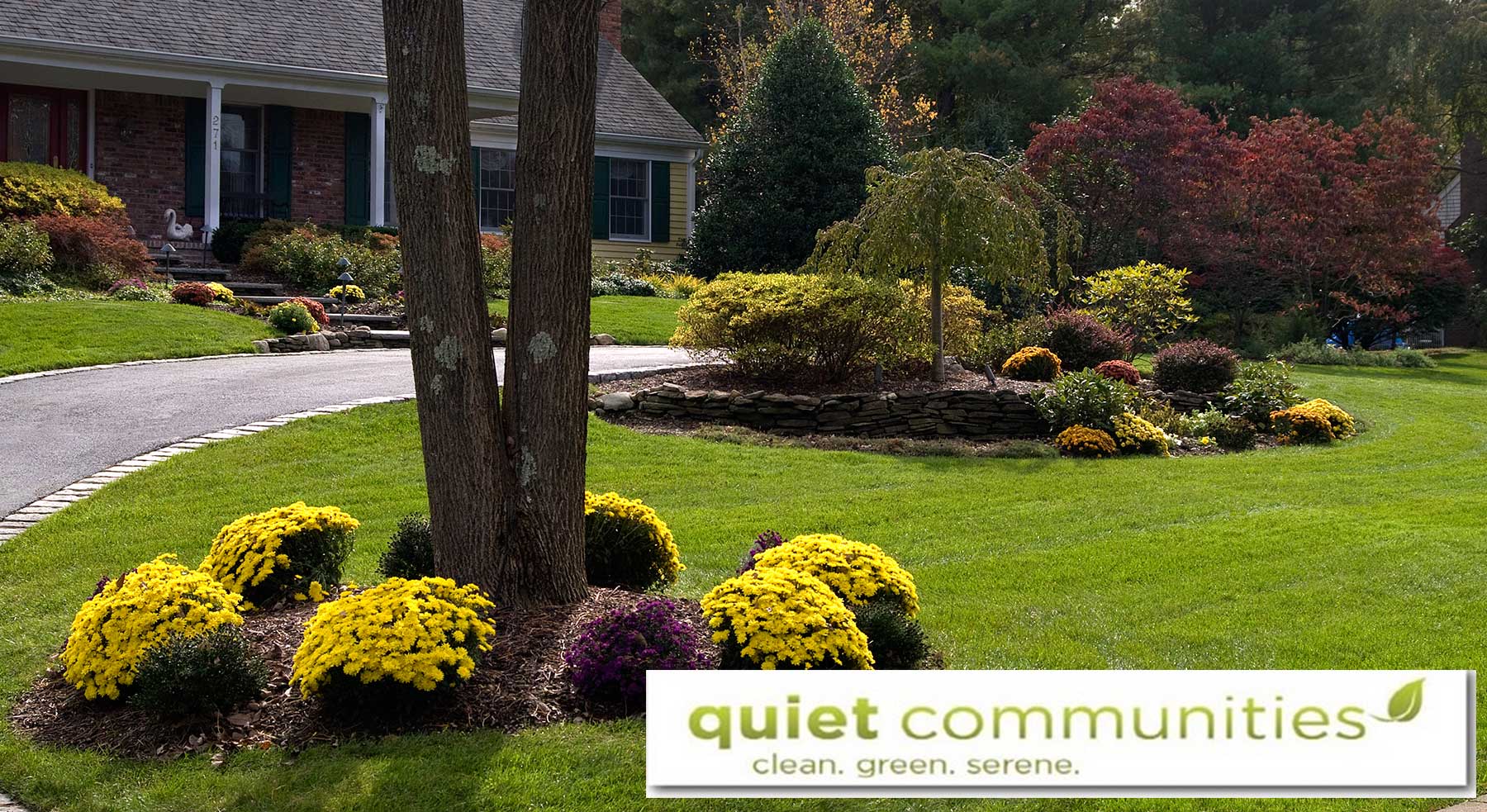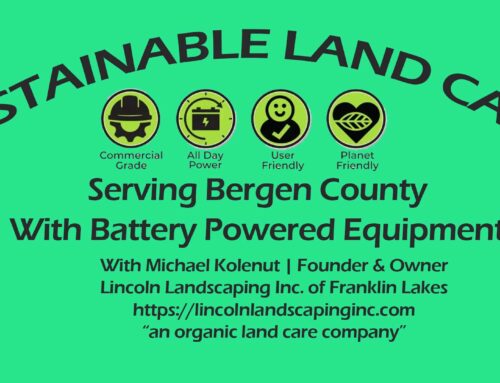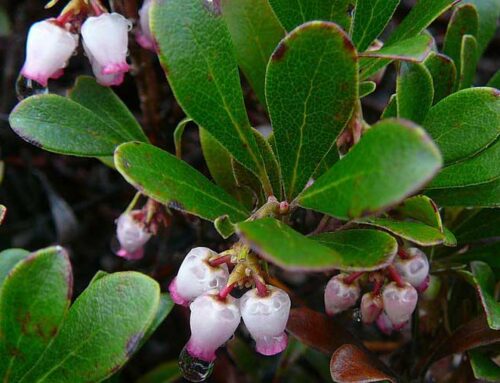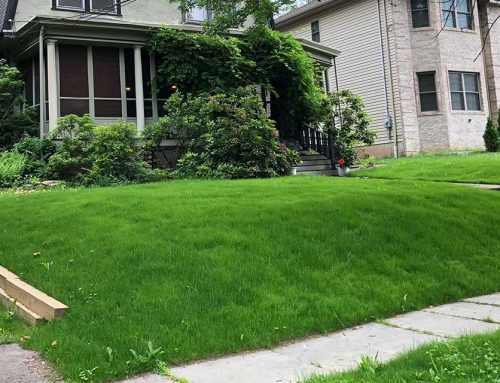Lincoln Landscaping of Franklin Lakes
The hydrocarbon emissions from a half-hour of yard work with the two-stroke leaf blower are about the same as a 3,900-mile drive from Texas to Alaska in a Raptor,
Last week at Uncommon schools, Lincoln Landscaping, Quiet Communities, Azga and other landscape companies interested in improving the environment spent the afternoon discussing strategies going forward to eliminate gas burning lawn mowers, backpacks, weed whackers and chainsaws from our commercial fleets. With corporations moving toward sustainability, landscape contractors are taking steps toward electric equipment to promote sustainability and better serve their clients.
At Lincoln Landscaping we are committed to doing whatever we can to reduce our carbon footprint. We have purchased electric lawnmowers and backpack blowers this season and continue to build our electric equipment inventory; this coincides with the mission statement of Lincoln Landscaping Organics.
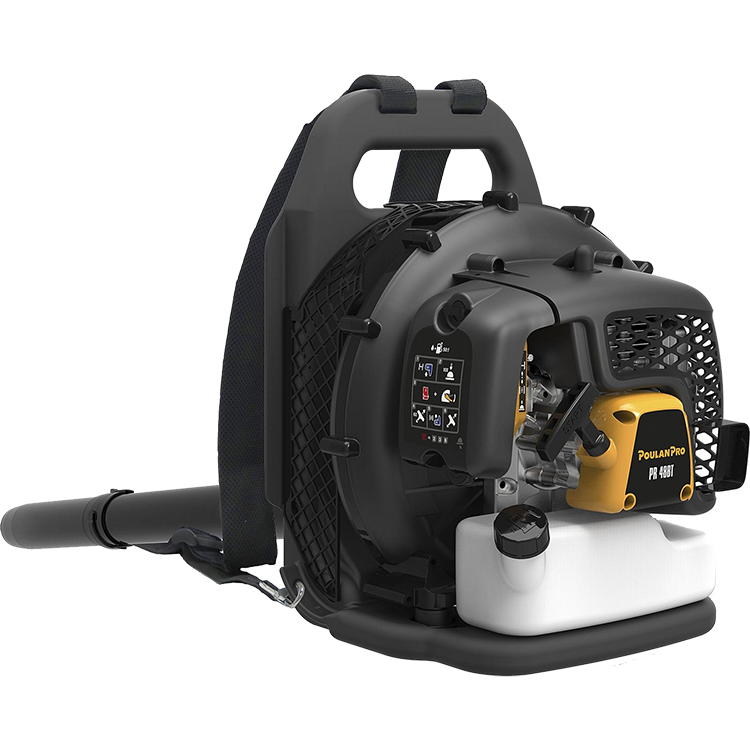
The two-stroke engine has developed a reputation as an environmental hazard. Because the engine lacks an independent lubrication system, fuel has to be mixed with oil. More important, about 30 percent of the fuel the engine uses fails to undergo complete combustion; as a result, the engine emits a number of air pollutants.
The two-stroke engine — so named because it completes one cycle of internal combustion in two movements of the piston — is lightweight, cheap, compact and simple, which makes it a handy motor not just for leaf blowers but also for chain saws, lawn mowers. In leaf blowers, two-stroke engines have been shown to emit contaminants comparable to large automobiles.
Carbon monoxide, nitrous oxides and hydrocarbons escape from the engine in large quantities. Everyone knows the acute effects of carbon monoxide, but the other gases are equally worrisome. Both nitrous oxides and hydrocarbons contribute to smog formation. Hydrocarbons can be carcinogenic, and nitrous oxides can cause acid rain.
Herein are the full results of the aforementioned study by Edmunds:
Leaf Blower’s Emissions Dirtier than High-Performance Pick-Up Truck’s
A consumer-grade leaf blower emits more pollutants than a 6,200-pound 2011 Ford F-150 SVT Raptor, according to tests conducted by Edmunds’ Inside Line.com, the premier online resource for automotive enthusiasts.
The tests found that a Ryobi 4-stroke leaf blower kicked out almost seven times more oxides of nitrogen (NOx) and 13.5 times more carbon monoxide (CO) than the Raptor, which InsideLine.com once dubbed “the ultimate Michigan mudslinger.” An Echo 2-stroke leaf blower performed even worse, generating 23 times CO and nearly 300 times more non-methane hydrocarbons (NMHC) than the Raptor.
“The hydrocarbon emissions from a half-hour of yard work with the two-stroke leaf blower are about the same as a 3,900-mile drive from Texas to Alaska in a Raptor,” said Jason Kavanagh, Engineering Editor at Edmunds.com. “As ridiculous as it may sound, it is more ‘green’ to ditch your yard equipment and find a way to blow leaves using a Raptor.”
To compare the emissions of these vehicles and the leaf blowers, Edmunds’ InsideLine.com staff conducted FTP 75 emissions tests — one of the primary yardsticks in the U.S. certification of light-duty vehicle emissions and fuel economy — at the American Automobile Association’s (AAA) Automotive Research Center in Diamond Bar, CA. The test simulates 11.04 miles driven over 31.2 minutes and includes idle periods, accelerations, decelerations and cruising. The leaf blowers were adjusted to full speed during the cruise periods defined by the FTP 75 and observed the same designated idling periods.
All of this goes to say that, if you use a leaf blower, you should opt for an electric model if possible.
Link to Edmunds Inside Line Test Results
Link to Quiet Communities
Link to American Green Zone Alliance
Lincoln Land Care, cultivating sustainable solutions is our mission. It is our number one goal to help our clients achieve a sustainable landscape while reducing the impact on the environment. Whether you are interested in a native garden design and build, native pollinator plantings, organic turf management or any other landscaping or property management project; we can create for you a child and pet friendly organic and sustainable property.
Lincoln Landscaping of Franklin Lakes offers complete
organic landscaping, lawn care, turf and property management services.
Lincoln Landscaping “The Natural Choice”
Mike Kolenut President & CEO
https://lincolnlandscapinginc.com
(201) 848-9699

